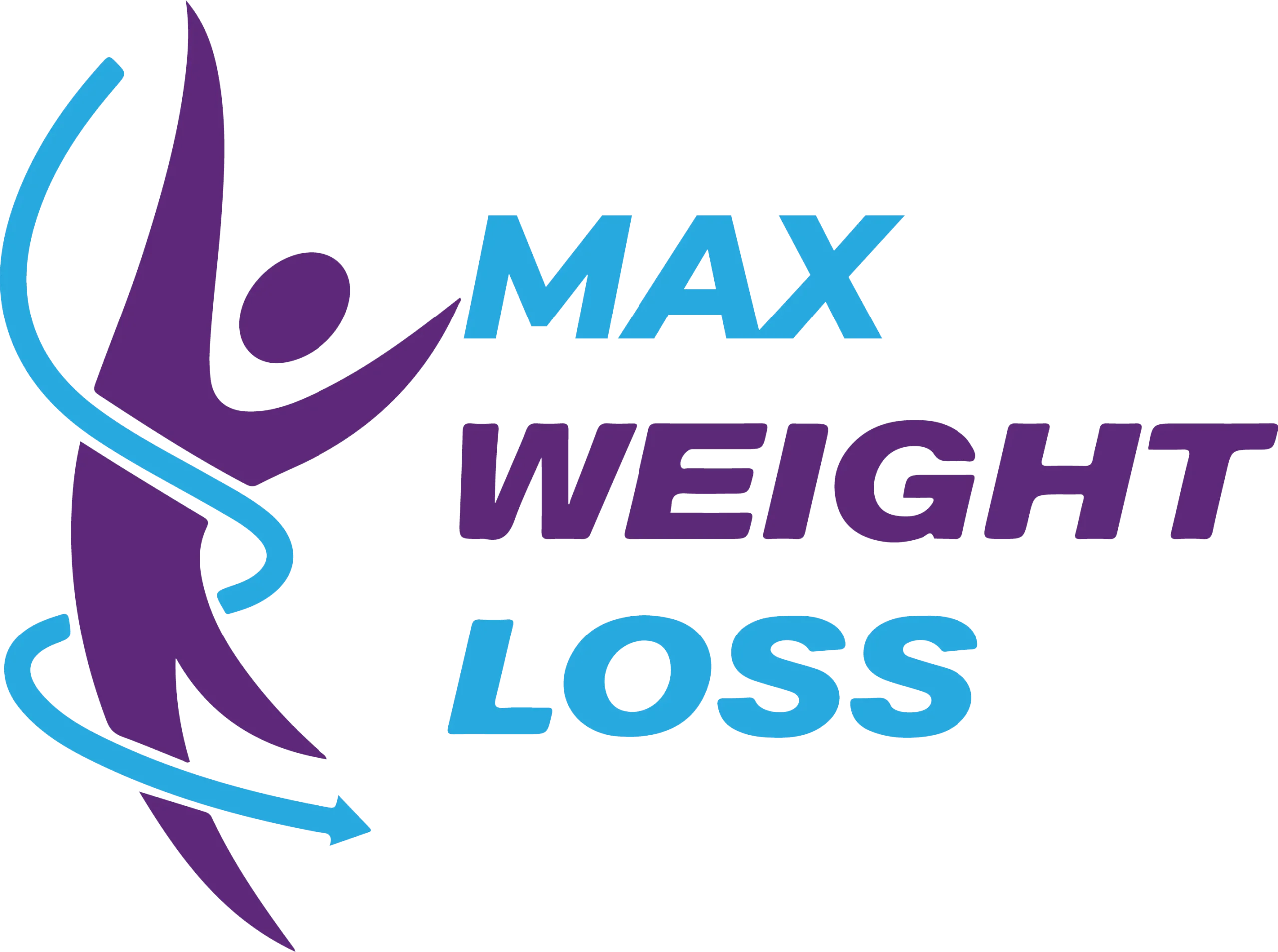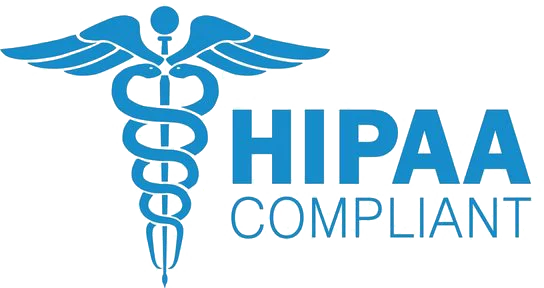Boosting Testosterone Levels Naturally with Natural Foods
Introduction:
Testosterone is a crucial hormone for both men and women, playing a significant role in various bodily functions, including muscle mass, bone density, libido, and overall well-being. However, as individuals age, testosterone levels may decline, leading to potential health issues and a decrease in quality of life. While there are medical interventions available, there’s growing interest in natural methods to boost testosterone levels, including dietary changes. In this article, we’ll explore how you can naturally increase testosterone levels through the consumption of specific foods.
1. Incorporate Healthy Fats:
Healthy fats are essential for hormone production, including testosterone. Foods rich in monounsaturated and polyunsaturated fats can help boost testosterone levels. Include sources like avocados, nuts (such as almonds, walnuts, and pistachios), seeds (flaxseeds, chia seeds), and fatty fish (salmon, mackerel, trout) in your diet. Olive oil is another excellent source of healthy fats that can support testosterone production.
2. Consume Adequate Protein:
Protein is the building block of muscle tissue and plays a crucial role in hormone production. Including an adequate amount of protein in your diet can help support testosterone synthesis. Opt for lean sources of protein such as chicken breast, turkey, eggs, tofu, and legumes. Additionally, consuming protein-rich foods post-exercise can enhance muscle recovery and testosterone levels.
3. Increase Zinc Intake:
Zinc is a mineral that’s vital for testosterone production and overall reproductive health. Incorporating zinc-rich foods into your diet can help maintain optimal testosterone levels. Foods high in zinc include oysters, beef, pork, chicken, dairy products, nuts, and seeds. Consuming these foods regularly can contribute to healthy testosterone levels.
4. Opt for Vitamin D-Rich Foods:
Vitamin D deficiency has been linked to low testosterone levels. Sunlight exposure is the primary source of vitamin D, but you can also obtain it through certain foods. Include vitamin D-rich foods such as fatty fish (salmon, tuna), egg yolks, fortified dairy products, and mushrooms in your diet. Additionally, consider taking a vitamin D supplement if you live in an area with limited sunlight exposure.
5. Consume Cruciferous Vegetables:
Cruciferous vegetables like broccoli, cauliflower, Brussels sprouts, and cabbage contain compounds that can help regulate estrogen levels in the body. By balancing estrogen levels, these vegetables indirectly support testosterone production. Aim to incorporate a variety of cruciferous vegetables into your meals to reap their hormonal benefits.
6. Limit Alcohol and Processed Foods:
Excessive alcohol consumption and a diet high in processed foods can negatively impact testosterone levels. Alcohol can disrupt hormone production and metabolism, leading to decreased testosterone levels over time. Similarly, processed foods often contain unhealthy fats, sugars, and additives that can interfere with hormonal balance. Limiting alcohol intake and reducing processed food consumption can help maintain optimal testosterone levels.
Conclusion:
Maintaining healthy testosterone levels is essential for overall health and well-being. While medical interventions are available for individuals with clinically low testosterone levels, adopting a healthy lifestyle that includes a balanced diet rich in nutrient-dense foods can help support natural testosterone production. By incorporating foods high in healthy fats, protein, zinc, vitamin D, and cruciferous vegetables while limiting alcohol and processed foods, you can optimize your hormonal health and enjoy the benefits of balanced testosterone levels. As always, it’s essential to consult with a healthcare professional before making significant dietary changes, especially if you have underlying health conditions or concerns.


